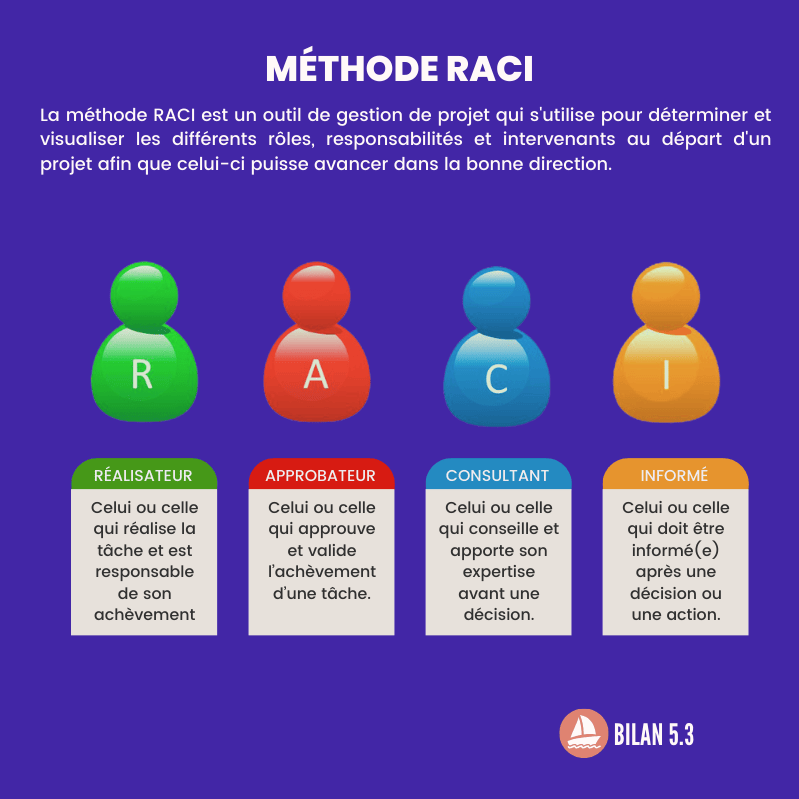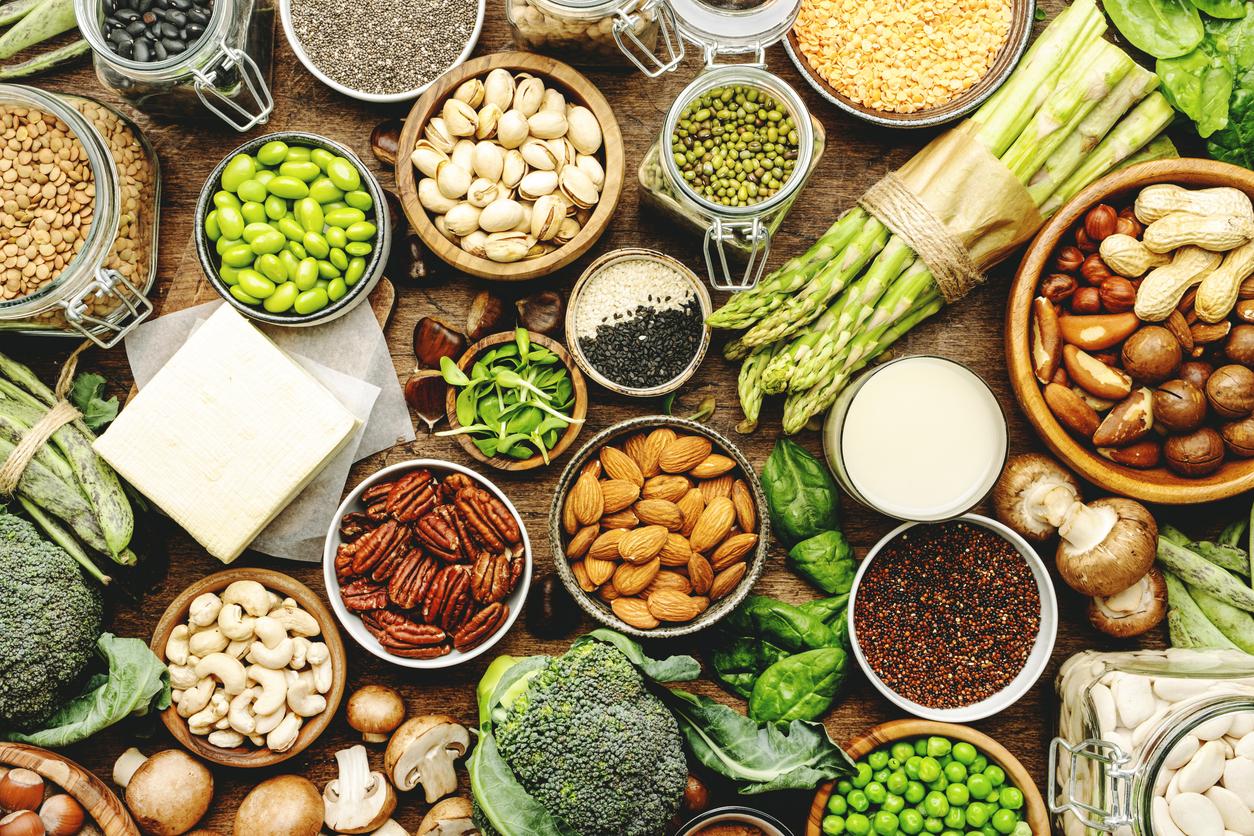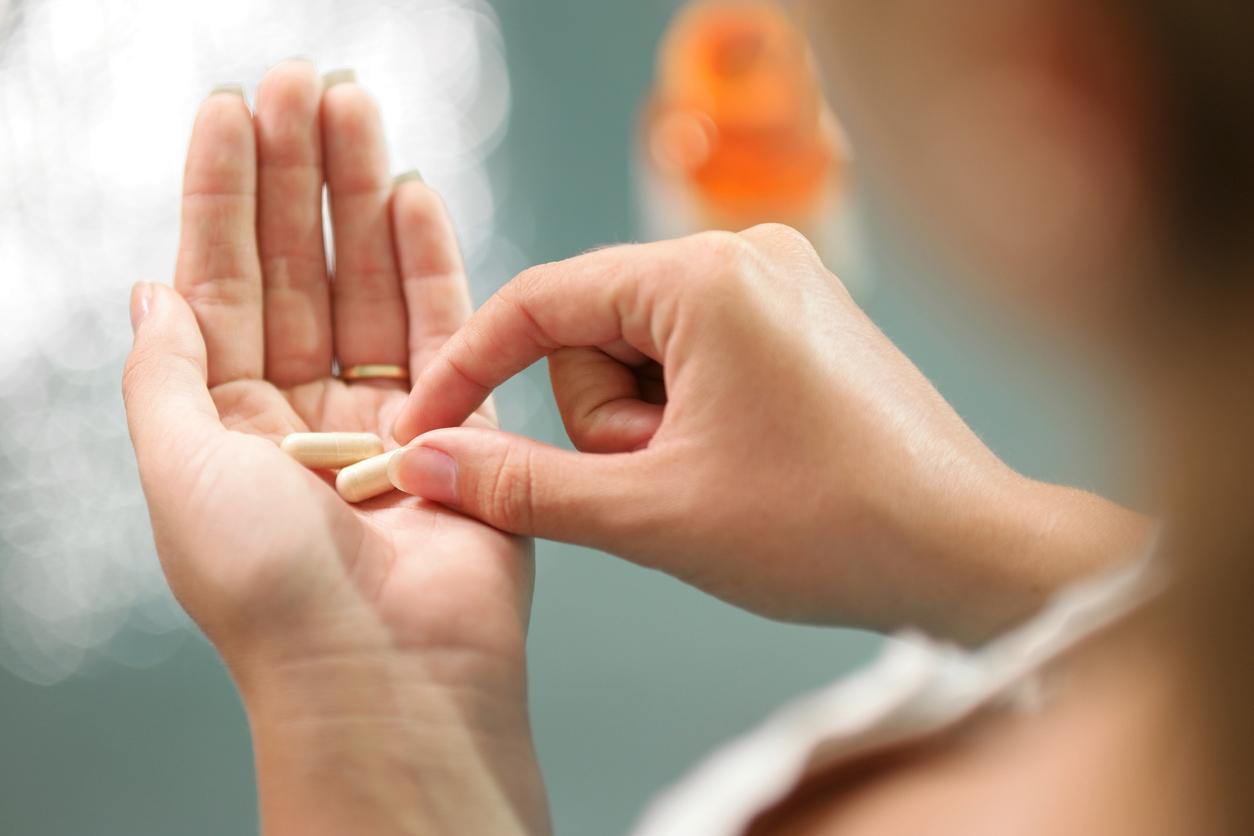THE irritable bowel syndrome (SII) is defined by abdominal pain associated with transit disorders (diarrhea and/or constipation) that have lasted for at least 6 months. Of 5 to 10% of the population would be affected. The examinations (blood test, colonoscopy, stool analysis, etc.) are normal. But scientific studies have shown that there are indeed abnormal mechanisms that trigger the symptoms. “There may be an intestinal motricity disorder (transit too fast or too slow), an imbalance of the microbiota (which leads to excessive fermentation), visceral hypersensitivity (which increases painful sensations) or intestinal hyperpermeability (which causes inflammatory reactions)“, explains Dr. Pauline Jouët, gastroenterologist.
There are also contributing factors such as stress, taking antibiotics, acute gastroenteritis, not to mention diet. “There is no curative treatment. The management of this disease takes time; but doctors, unfortunately, do not have one. You have to listen to the patient, explain the disease to him and help him relieve his symptoms by acting on several levels: diet, physical activity, medication, relaxation, etc.“, says our expert.
How to adopt good eating habits?
Before tackling the contents of your plate, it is important to review your way of eating. For some, adopting good behaviors is enough to calm the symptoms:
- Eat three meals a day, do not snack or overeat;
- Eating without doing anything else: without watching TV, without phoning…
- Do not discuss angry subjects at the table;
- Take the time to chew each bite well before swallowing;
- Do not eat too many fiber-rich foods during the same meal (pulses, whole grains, raw vegetables, etc.);
- Note what you have eaten when the pain occurs.
Watch out for FODMAP foods
FODMAPs are small sugars that are poorly digested in the small intestine and fermented further down in the colon, causing gas and bloating. These aggravate the symptoms in case of irritable bowel. They are found in a large number of foods, so it is not a question of eliminating them all, but of finding the ones that cause the most problems (this varies from person to person) and reducing their consumption. For those wishing to follow a low FODMAP diet, “you must be accompanied by a nutritionist or dietician, because it is complicated and there is a risk of deficiencies“, warns Dr. Jouët.
First, all foods high in FODMAPs are eliminated until there is a significant reduction in symptoms (1 to 2 months). Then, they are gradually reintroduced, proceeding family by family (for example dairy products that contain lactose, then fruits that contain fructose, then cereals that contain fructan, etc.) to identify those that pose a problem. Finally, we reintegrate well-tolerated foods and limit others according to our personal tolerance.
And beyond food?
- Medications: they just treat the symptoms, not the cause. These include antispasmodics in case of bloating, transit retarders in case of diarrhea and laxatives in case of constipation;
- Physical activity: it helps to reduce stress and promotes the proper functioning of the transit;
- Probiotics: they help rebalance the microbiota. “You must take strains that have shown efficacy in the case of IBS, such as Bifidobacterium infantis 35624 or Lactobacillus plantarum“, advises Dr. Jouët;
- Glutamine: this food supplement is interesting for restoring the intestinal barrier;
- Alternative medicine:Hypnosis, meditation, and cognitive-behavioral therapies have shown value in the treatment of IBS. But not acupuncture. For osteopathy, a study is in progress“, indicates the gastroenterologist.
















